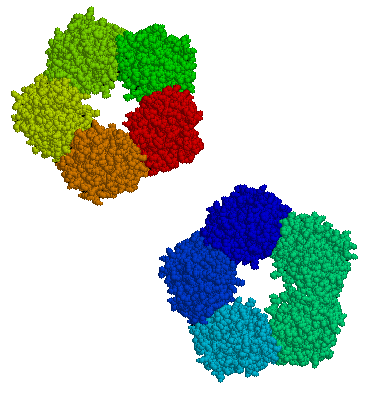A Question for Physicians
Do you know how to treat a patient with a persistent horrendous side effect to a single dose of the SSRI Lexapro 20mg?
A patient wrote me, asking if I know any physicians who have seen this syndrome and know how to treat it.
After a single dose: “Sleep is ruined, Can’t nap or wake up sick feeling, Constant feeling like I am in agony, Can’t focus / concentrate, Can’t regulate body temperature, loss of appetite and libido, Memory issues, Extreme fatigue, Unintentional a weight loss, Muscles usually twitching somewhere, and Abnormal breathing”.
If you have seen this type of reaction and/or know how to treat it, please send your email to Scott Mclean at sdmclean@shaw.ca and a cc to me (the Editor of this newsletter) at Robert.postmd@gmail.com. The patient has given his informed consent for this email to be posted on www.bipolarnews.org.
CRP, A Readily Available Marker of Inflammation, Predicts Response To Two Antidepressants
C-reactive protein, or CRP, is a protein found in blood plasma, the levels of which rise in response to inflammation. In a recent study, levels of CRP were able to predict which of two antidepressants a patient was more likely to respond to.
The 2014 article by Rudolph Uher et al. in the American Journal of Psychiatry reported that low levels of CRP (<1 mg/L) predicted a good response to the selective serotonin reuptake inhibitor (SSRI) escitalopram (Lexapro) while higher levels of CRP predicted a good response to the tricyclic antidepressant nortriptyline, a blocker of norepinephrine reuptake.
The research was part of the Genome-Based Therapeutic Drugs for Depression (GENDEP) study, a multicenter open-label randomized clinical trial. CRP was measured in the blood of 241 adult men and women with major depressive disorder. In the article the researchers say that CRP and its interaction with medication explained more than 10% of the individual variance in response to the two antidepressants.
If these findings can be replicated with these and similarly acting drugs, it would be a very large step in the direction of personalized medicine and the ability to predict individual response to medications.


